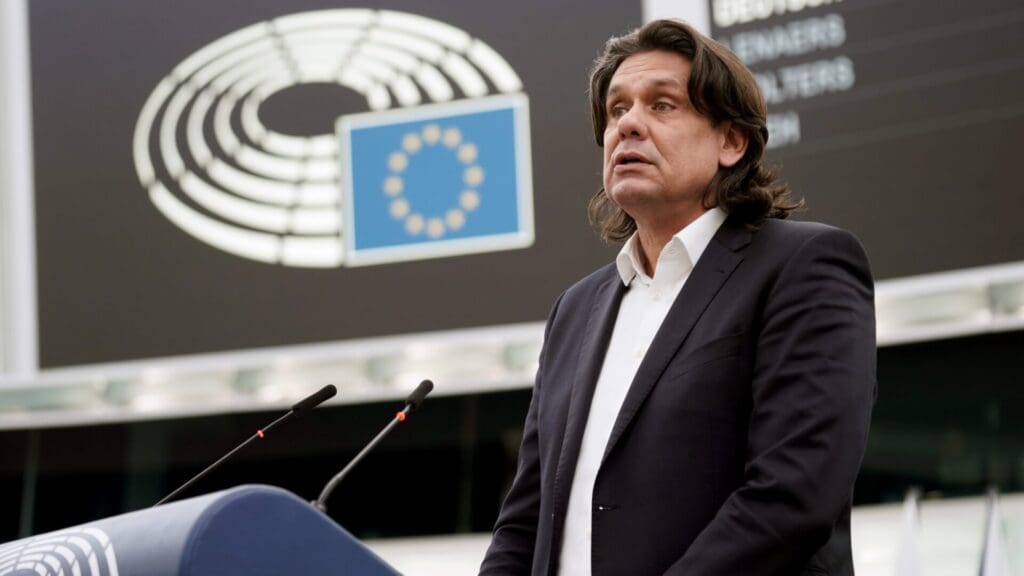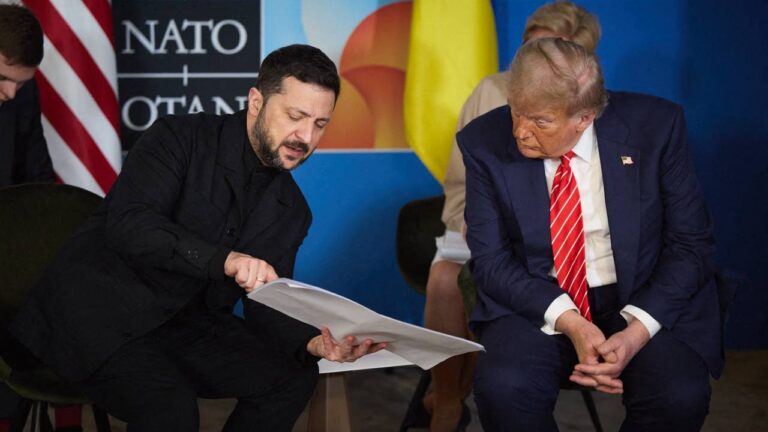Several Russian media outlets, including internet radio Echo of Moscow, news website Meduza, the TV Rain television channel and the Novaya Gazeta newspaper, have been staunch opponents of the Russian government for quite a while and have all left the country due to their disagreement with the Kremlin’s policies. One might think that it would be fair if they focused on specifically Russian problems, considering that many of the representatives of these media have political aspirations, and given how many problems that would require their attention there are in Russia.
For some reason, however, some of them adopted narratives, agendas and biases that characterize their liberal Western counterparts, and are not at all related to the problems, worries and desires of their home country and its citizens. Unfortunately, one of the biggest of them, Meduza, with its extensive readership of a dozen of million a month, has
inexplicably decided to perpetuate typical Western misrepresentations of Hungary—apparently, for no concrete reason.
Given the size of this media outlet, one would anticipate a more nuanced analysis of affairs and a higher level of responsibility toward their readership, particularly since Russia is not very highly placed on the English-speaking proficiency index, and obviously hardly anyone speaks Hungarian there. Consequently, not all Russians have the means to cross-check information through alternative foreign language sources.
One of the popular tropes often emphasized both by the Western media and Meduza is that Viktor Orbán is a personal friend of Putin: ‘Orbán is the main friend of Russia and Vladimir Putin among European leaders’, writes Meduza; it also claims ‘Viktor Orbán is considered to be the closest ally of Vladimir Putin in Europe’. If that was true, that would be a rather peculiar friendship, given that Hungary is militarily part of NATO, North American and European security system created to forestall a potential Soviet/Russian attack. Also, the Orbán government supported almost all EU sanctions against Moscow, barring the ones that it deemed ineffective and/or hindering the interests of Hungary, not to mention the fact that Hungary has been officially added to the list of ‘unfriendly countries’ by Russia. Besides, considered by whom, and what is their evidence? The usage of passive voice without identifying the source of the information is strange, when evidence backing up the claim is needed the most.
Perhaps the perception of Hungary as an ally of Russia arises from the fact that in certain non-military areas, where Hungary believes that collaboration with Russia could be advantageous, Hungary does not sever its ties with it. ‘Hungary is trying to save everything it can in its relations with Russia’, writes Meduza, quoting the Hungarian Prime Minister. That is because cutting off connections to Russia in peaceful domains has already been proven to be ineffective, and it not only it hinders other countries’ interests, but in fact the Russian Federation also becomes less accountable for its wrongdoings as a result. The key to achieving energy independence, as well as to victory in battling the ongoing climate shift is nuclear energy, a sphere where Russian expertise is indispensable. Other examples of how cutting all ties with Russia backfires might include the Council of Europe and the Arctic Council stopping cooperation with Russia to the detriment of the spheres these institutions are supposed to focus on. Readers may have noticed the substantial disparity in the various Western analyses of Russia, to the extent that it appears as if they were describing different countries altogether—this is one of the repercussions of severing connections in peaceful spheres with a country (although, to be fair, Russia, without a doubt, also bears responsibility for that). Sealing each other off means less dialogue, and less dialogue means less understanding, which in turn means further aggravation of the currently already tense situation. There is nothing inherently either ‘friendly’ or ‘hostile’ in advocating for dialogue: the enemy, the friend and the neutral party alike must be understood so that one can make informed decisions when dealing with them.
One of the recent podcasts of Meduza begins thus: ‘Viktor Orbán first established autocracy in Hungary and is now expanding his influence to other Western countries’. We frequently critique left-leaning scholars for their bias against Hungary, but even they, when they approach their job as serious political scientists, and not propagandists, Hungary is not categorized as an autocracy under any circumstances. Consider the effect of this characterization may have on someone who is already highly sceptical of Hungary—it would place Hungary in the company of North Korea and Iran, countries classified as textbook autocracies. How can anyone, even if unfriendly to Hungary, claim in good faith that it structurally resembles those regimes and falls under the same category? Unfortunately, for some reason, Meduza does exactly that.
The podcast itself proceeds to make obscure parallels and goes as far as saying that
the mere fact that both Putin and Orbán speak about family values implies a similarity between the two.
This is as grotesque as saying that since Benyamin Netanyahu speaks about the Jewish nation in his speeches, that somehow links him to another politician who also spoke of the Jews—Adolf Hitler! A says ‘C’ and B says ‘C’, therefore A equals B, their logic obviously dictates.
It is probably superfluous to explain that just because two people speak about the same things they can be equated with each other. Russian and Hungarian family policies differ a lot, and unfortunately for the Russian citizens, families there can’t enjoy schemes as advantageous as the recently adopted Hungarian family housing support programme (CSOK). That said, some pro-family tools are indeed present in Russia, such as the Materinsky kapital (rus. Материнский капитал, literally ‘maternity capital’). However, even if we assume that the two policies are identical, is there anything wrong with supporting families per se?
The absurdity reaches its pinnacle (at 17:15 of the Russian language podcast) when the speaker postulates the existence of a vision of Greater Hungary in Orbán’s mind, and that, allegedly driven by this revisionism, he has contacted Russia to explore the possibility of Hungary reclaiming the Transcarpathian region from Ukraine. Inciting hatred between nations based on made-up hoaxes (the guest of the programme claimed this information is based on ‘investigative journalism findings’, without elaborating further) at a time when one of them is experiencing one of the darkest tragedies of its modern history is reprehensible to say the least.
We hope that Meduza will be more careful in the future when drafting its articles and will first and foremost be a Russian news outlet, preoccupied with illuminating issues related to their homeland—needless to say, there are a lot of things in Russia that require solutions as of now. Constructive critique is important for development and correcting mistakes, and no one minds it—on the contrary, it is welcomed. However, throwing around labels without any proof is irresponsible and unprofessional.








